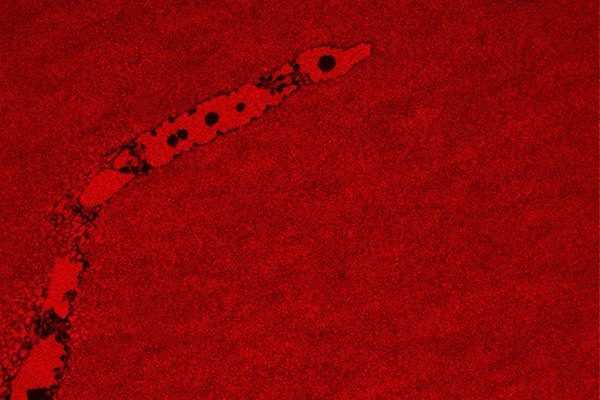2024-03-12 ペンシルベニア州立大学(PennState)
<関連情報>
- https://www.psu.edu/news/eberly-college-science/story/life-based-seeming-violation-newtons-law-molecular-interactions/
- https://www.cell.com/chem/abstract/S2451-9294(23)00571-5
触媒間の非相互作用の分子的起源を探る A molecular origin of non-reciprocal interactions between interacting active catalysts
Niladri Sekhar Manda,Ayusman Sen,R. Dean Astumian
Chem Published:December 29, 2023
DOI:https://doi.org/10.1016/j.chempr.2023.11.017
Highlights
•Diffusion and kinetic asymmetries can give rise to non-reciprocal interactions
•The force at the submicron scale can be estimated and experimentally measured
•Non-reciprocal interactions lead to large fluctuations in particle motion
Summary
Recent work suggests that nonreciprocal interactions are universally present in living systems and constitute an important part of active matter. These interactions, that are in apparent violation of Newton’s third law, break action/reaction symmetry and have been used to describe phenomena such as traveling waves, predator-prey dynamics, and swarming. Here, we elucidate how thermodynamic disequilibrium gives rise to non-reciprocal interactions in molecular systems where the individual molecules remain in mechanical equilibrium. We use a kinase/phosphatase enzyme pair as an illustrative example and show that non-reciprocal interactions between the two arise due to diffusion and kinetic asymmetries in the presence of self-generated substrate and product gradients. The force that kinase exerts on the phosphatase can be repulsive, whereas the phosphatase can exert an attractive force on the kinase. Notably, this chemotactic force is not introduced ad hoc; rather, the molecular origin of nonreciprocity is set by a combination of diffusion and kinetic asymmetry.
Graphical abstract



